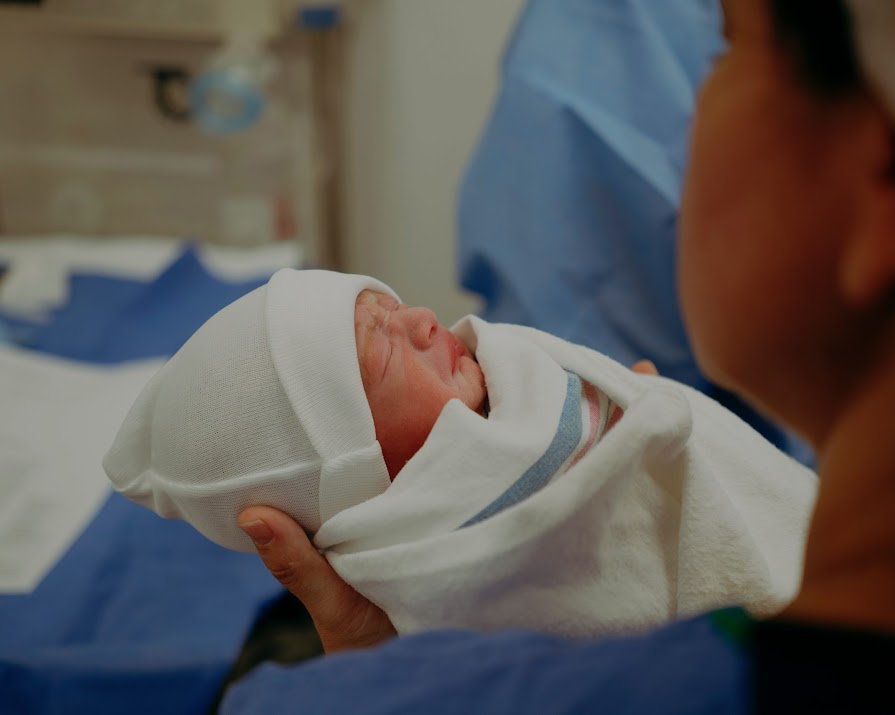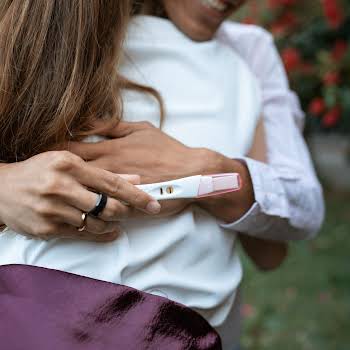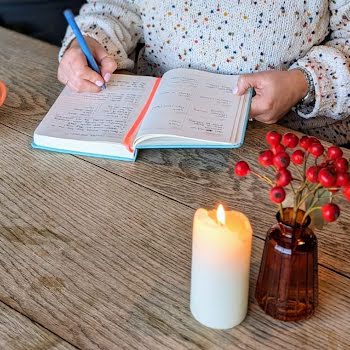Ask the Doctor: ‘I’m struggling with urinary incontinence after giving birth. What can I do?’
By Sarah Finnan
27th Jun 2022
27th Jun 2022
All your burning health questions answered by the professionals.
“I gave birth to my first child – a beautiful, healthy baby girl – a couple of weeks ago, but I’m still having a lot of trouble with urinary incontinence. Coughing, laughing, sneezing, all cause leakage and it’s usually a rush to get to the bathroom before I wet myself. I have been doing strengthening exercises my doctor recommended to me, but I’m frustrated by the lack of improvement. I wasn’t expecting overnight results but it does feel a little fruitless and I’m sick of having to wear uncomfortable pads all the time. Is this just something I have to make my peace with for the next few months or is there anything I can do to lessen the problem?”

Answer from Aoibhin McGreal, clinical specialist physiotherapist in pelvic floor dysfunction at the Beacon Hospital.
Congratulations on the birth of your baby girl! I am sorry to hear you are experiencing these symptoms. During pregnancy, there is much focus on the birth but we don’t often hear much about what to expect afterwards. Urinary incontinence is actually extremely common in the postnatal period, with 52% of new mums experiencing incontinence three months after the birth of their first child, according to the multicentre ‘Mammi Study’.
In terms of the symptoms you are describing, it sounds as though you are experiencing mixed urinary incontinence – a combination of stress urinary incontinence (leaking urine when you cough, laugh, sneeze or exercise) and urge urinary incontinence (leaking urine due to an overwhelming urge).
For women with urinary incontinence, it is recommended that you do twelve weeks of pelvic floor muscle training. This is most effective when done with the help of a pelvic health physiotherapist. About one in three women will have trouble doing pelvic floor exercises (Kegels), so your physiotherapist can check your technique and give you an appropriate programme to work on.
The easiest way to do Kegels is to focus on your back passage, squeezing as if to stop yourself from breaking wind. The recommendation is to hold this contraction for 10 seconds, repeat 10 times, and follow with 10 quick ones, three times a day. However, I recommend that women start off with shorter holds in those early days postnatally, building up to 10 as they are able. What’s really important is to ensure that your buttocks and tummy muscles aren’t gripping during the exercises, that you keep breathing and that you release the muscles fully after each squeeze. The NHS in the UK has a very good app called Squeezy, which will take you through the exercises and may help to keep you motivated
For urge incontinence, or symptoms of an overactive bladder, we generally need to work on bladder retraining; getting the bladder used to holding more urine. With bladder training, the goal is to gradually hold on a little longer, until the bladder is actually full (for most this will be about 300-500ml).
Given that your baby is just a couple of weeks old, your body is still recovering and healing, so with rest, gentle exercise and, if possible, some guidance from a pelvic health physiotherapist, there is plenty of potential for your symptoms to resolve.























